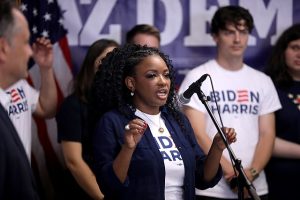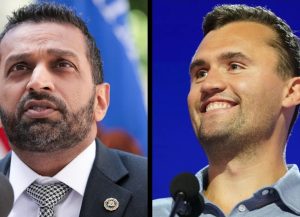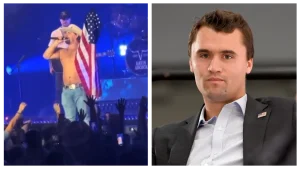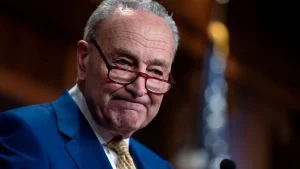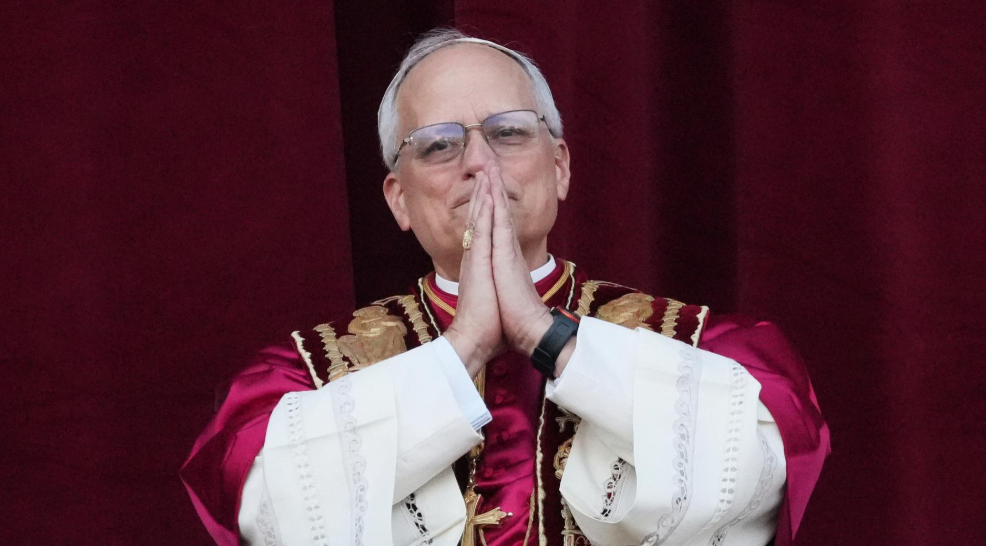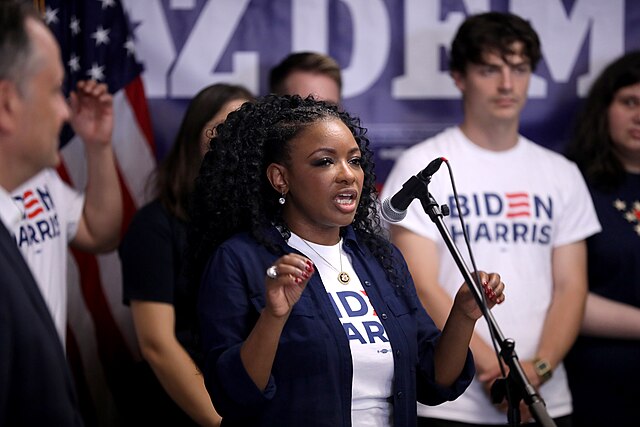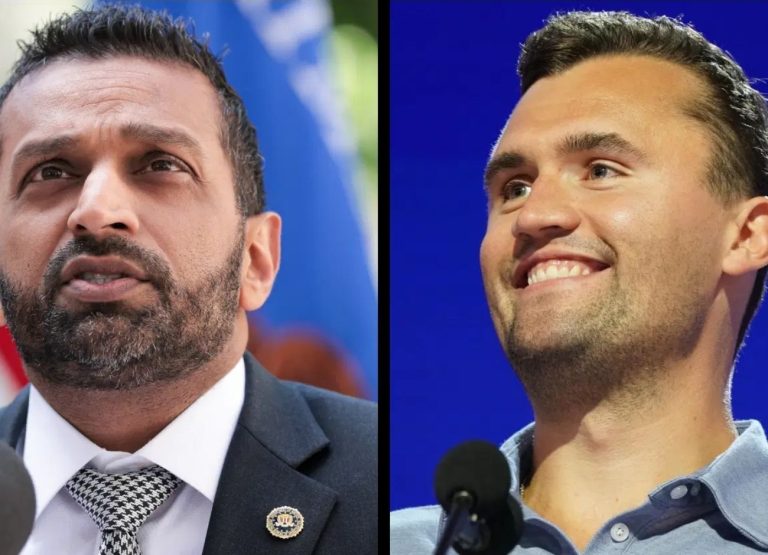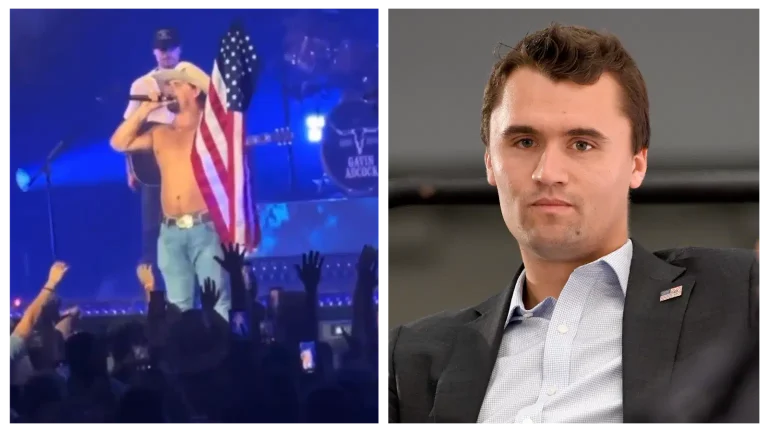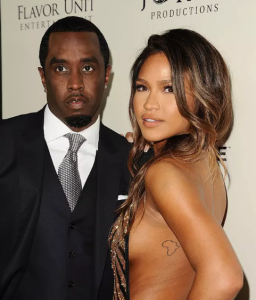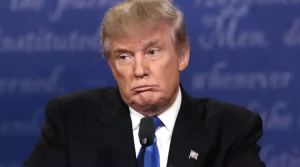Pope Leo XIV: A Historic Papacy Begins Amid Complex Ties and Modern Challenges
On May 8, 2025, the Catholic Church entered a new era with the election of Pope Leo XIV, born Robert Francis Prevost. His selection marked several historic milestones, most notably as the first American-born pontiff and the first pope from the Augustinian order. His election represents a shift in the Church’s global outreach and its internal desire for reform, unity, and compassion amid deepening cultural and political divides worldwide.
A Swift and Symbolic Election
Following the death of Pope Francis on April 21, 2025, the College of Cardinals convened for a conclave that moved swiftly and decisively. After only four ballots, they emerged with their decision: Cardinal Robert Prevost of Chicago, a respected figure in ecclesiastical and missionary circles, would become the 267th pope, assuming the name Leo XIV.
The choice of name was itself symbolic. Pope Leo XIII, who served in the late 19th and early 20th centuries, was known for his deep engagement with social justice issues, especially workers’ rights, and for bridging the gap between tradition and modern intellectual life. Pope Leo XIV’s adoption of the same name suggests a deliberate intent to follow a similar path—one that emphasizes inclusion, moral leadership, and a thoughtful response to the needs of a changing world.
From Chicago to the Vatican: A Global Journey
Robert Prevost’s roots trace back to Dolton, a suburb of Chicago, where he was born in 1955. Raised in a devout Catholic family, he entered the Augustinian order in the 1970s and was ordained a priest in 1982. His missionary spirit led him to Peru, where he would spend decades working as a pastor, seminary teacher, and eventually bishop.
In Peru, he became a staunch advocate for human dignity and social reform, often speaking out against corruption and injustices faced by the poor and marginalized. His long-standing service earned him recognition as a compassionate leader who favored action over rhetoric. This hands-on approach, especially among the disenfranchised, would eventually distinguish him within the global Church hierarchy.
Rising Through the Ranks
Prevost’s leadership qualities did not go unnoticed. Over the years, he rose through the ranks of the Church’s administration, eventually becoming the prefect of the Dicastery for Bishops, one of the most influential roles in the Vatican. In that position, he oversaw the appointments of bishops across the world, gaining a reputation as someone who valued pastoral experience and humility in Church leadership.
In 2023, he was elevated to the rank of cardinal—a move that signaled his growing importance and likely role in the Church’s future. Just two years later, that future became reality as he was elected pope.
A Papacy Rooted in Listening and Reform
As Pope Leo XIV, his tone from the outset has been one of inclusivity, listening, and bridge-building. He is seen as a moderate voice within the Church—neither aggressively reformist nor rigidly traditionalist. He supports dialogue on complex issues such as the role of women in the Church, the ethical implications of artificial intelligence, and new ways to minister to a fragmented and polarized global Catholic population.
He has expressed a desire to deepen synodality in the Church—a term that refers to collaborative and communal decision-making. In doing so, he seeks to encourage local churches and laypeople to participate more actively in Church life, fostering a sense of shared responsibility.
A Message to the U.S.—and the World
One of the most notable moments following his election came when a journalist asked Pope Leo XIV if he had a message for the United States. His brief but pointed reply—“Many. God bless you all.”—sparked a wave of analysis. Some interpreted it as a blessing, while others saw it as a prelude to forthcoming critiques of American social or political policies.
Given Pope Leo’s past public comments, many observers believe he will not shy away from challenging world leaders—especially when it comes to issues such as immigration, inequality, and the treatment of vulnerable populations.
Distance from Trump-Era Politics
Pope Leo XIV’s relationship with the politics of recent years is nuanced but clear in direction. During the presidency of Donald Trump, Robert Prevost publicly voiced concern over the U.S. government’s handling of immigration and the separation of migrant families. His social media activity and public speeches from that time indicated a strong belief in preserving the dignity of all people, particularly children affected by border enforcement policies.
He also reacted strongly to news about American citizens being deported or jailed abroad under conditions of political convenience, questioning the morality and compassion behind such decisions. These positions align him more closely with humanitarian and faith-driven values than with nationalist or populist rhetoric.
Embracing Diversity
One of the most celebrated aspects of Pope Leo XIV’s background is his diverse heritage. While he was born in the U.S., his maternal lineage includes Haitian ancestry, with his grandfather having been born in Haiti. This aspect of his identity has resonated with many Catholics around the world who see in him a symbol of the Church’s growing inclusiveness.
His election is seen as a breakthrough moment for people of color within the Catholic hierarchy, reaffirming the universal nature of the Church and its openness to voices from every corner of the world.
Facing Controversy with Transparency
No papacy begins without scrutiny, and Pope Leo XIV’s is no exception. Shortly after his election, reports emerged highlighting controversial online posts made by his brother, which expressed far-right political views. While the pope has not publicly commented on the matter, many expect he will maintain a clear distinction between his family’s opinions and the official teachings of the Church.
Additionally, some renewed attention has been placed on his time as a bishop in Peru, where handling of abuse allegations in the region has drawn questions. How he addresses these past concerns—through transparency and accountability—may define how seriously his papacy takes institutional reform.
A Mission of Unity
In his first public address as pope, Leo XIV called for a return to Christian love and unity, especially in an era marked by division and hostility. He urged Catholics to focus on their shared faith and to work toward healing rather than polarization. Echoing the values of his papal namesake, he emphasized the need for the Church to be both a refuge for the suffering and a moral voice in the modern world.
His vision for the Church is clear: to be a space of compassion, humility, and intellectual engagement. He aims to bring people together—not just Catholics, but people of all beliefs—by standing firmly on the principles of justice, mercy, and spiritual truth.
https://www.youtube.com/watch?v=EhiFJPZJcis
